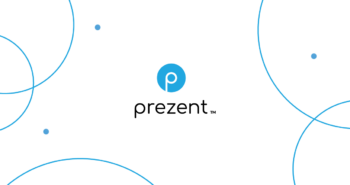In a move that could have widespread implications for the enforcement of intellectual property law, internet service provider Comcast has refused to hand over identifying data on users accused of downloading copyrighted material, arguing that the plaintiffs were using the court system as an easy way to identify and sue otherwise anonymous individuals.
In a memorandum to a district court in Illinois, the company objected to four subpoenas that requested information on Comcast customers who may have obtained copyrighted content online using the distributed filesharing protocol BitTorrent. The company’s language was surprisingly strong, charging that the copyright holders were attempting to manipulate the court into using “its subpoena powers to obtain sufficient information to shake down” the defendants.
Comcast wrote in the memorandum that “plaintiffs should not be allowed to profit from unfair litigation tactics whereby they use the offices of the Court as an inexpensive means to gain Doe defendants’ personal information and coerce ‘settlements’ from them.”
All four copyright holders produce pornographic films, a factor that may be relevant in light of laws designed to protect individuals vulnerable to embarrassment from legal discovery. The move is an upset in an historically easy relationship between service providers and copyright holders.
The company also expressed concern that copyright holders – including, perhaps, representatives of the mainstream media industry as well as pornography distributors – were using the court system to do the dirty work of identifying allegedly illegal downloaders in order to pursue lucrative lawsuits against them.
“It is evident in these cases – and the multitude of cases filed by plaintiffs and other pornographers represented by their counsel – that plaintiffs have no interest in actually litigating their claims against the Doe defendants, but simply seek to use the Court and its subpoena powers to obtain sufficient information to shake down the Doe defendants,” reads the memorandum.
The pornography industry has been cast into chaos by the advent of broadband Internet connections – in large part because of communities that have sprung up, which produce and share pornographic material free of charge, in addition to the online piracy that has cut into the margins of paid material.







